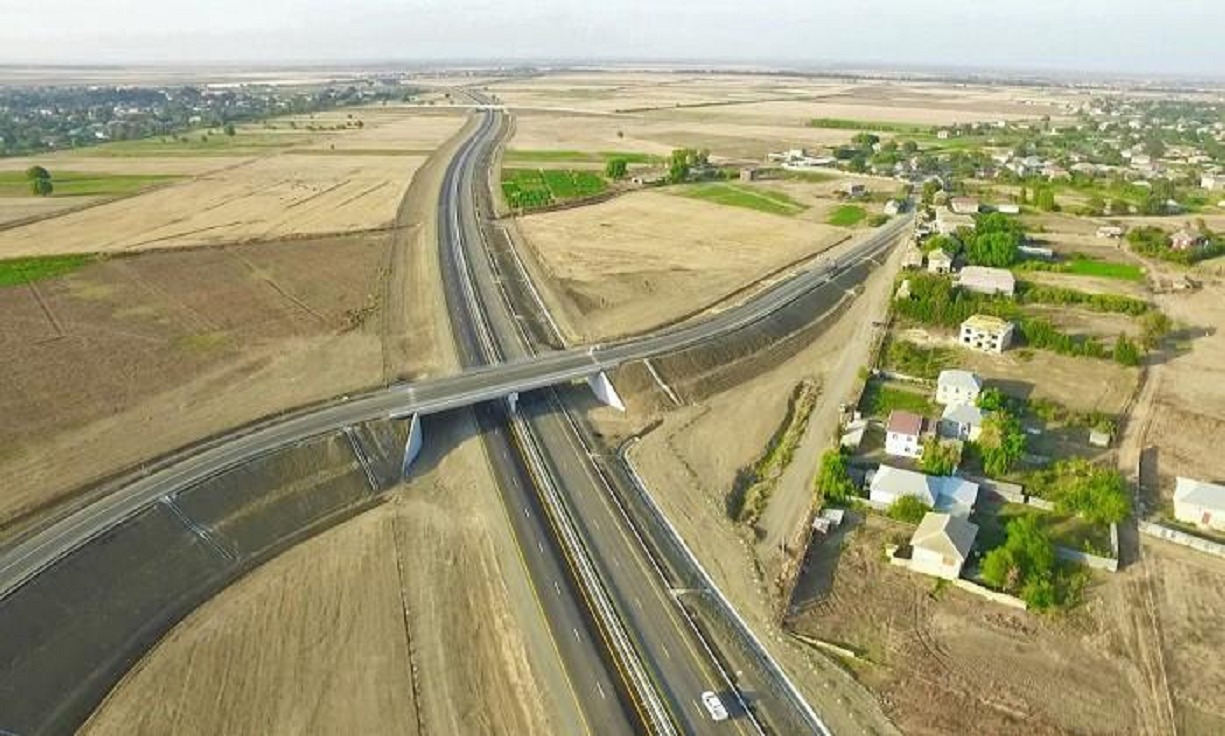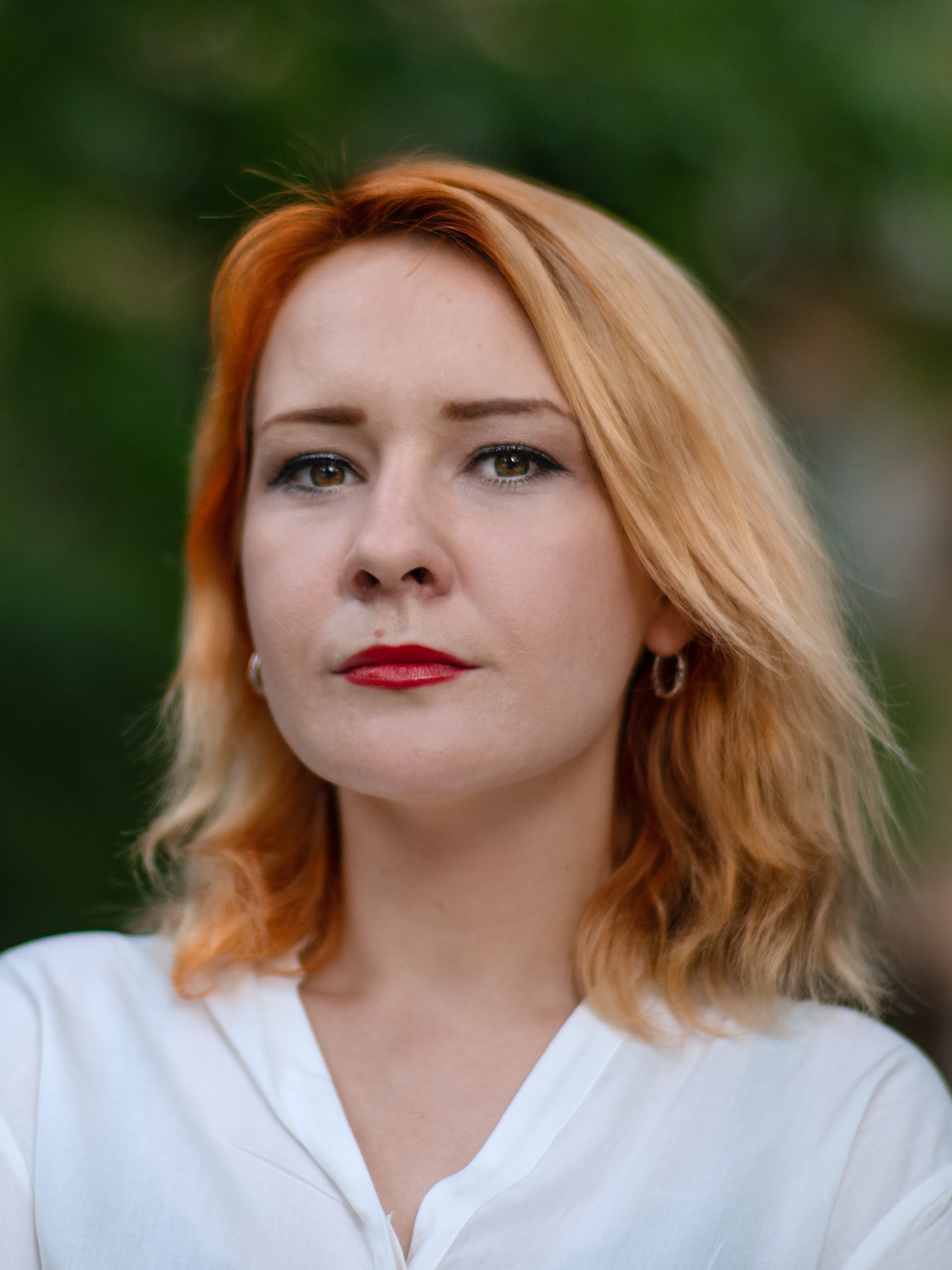
The problem of forced and underage marriage is endemic in Azerbaijan, and experts say that purely legislative changes have done little to address it.
Aysun Hajiyeva, a 17-year-old girl from Jalilabad District, in the south of Azerbaijan, took her own life on 6 August. Law enforcement agencies in Jalilabad told Azerbaijani news agency Metbuat.az that the reason for Hajiyeva’s suicide was her family’s attempts to force her to marry.
Seven days before the incident, on 30 July, another 17-year-old girl, Gulyar Ismayilova from Zagatala District in the north of Azerbaijan, also took her own life, reportedly, for the same reason.
According to the Metbuat.az, Hajiyeva had lived with her grandparents. Her grandmother, they reported, had chosen a groom for her granddaughter, while Hajiyeva was against the marriage.
Hajiyeva’s grandfather told Meydan TV that his granddaughter was not being forced into the marriage. He said that an acquaintanceship had been struck up between his family and the family of the prospective groom, but that no marriage plans had been finalised.
Instead, he put the blame on a video report that his granddaughter had watched about a young woman forced into marriage who took her own life. He alleges that his granddaughter took inspiration from it.
[Read about child marriages in the Azerbaijani communities of Georgia on OC Media: Georgia’s early marriages: destinies blackened in white dresses]
Law and punishment
According to article 3 of the Family Code of Azerbaijan, family relations are defined as ones that are formed on the basis of a ‘free-will marriage agreement’ between a man and woman; article 10 stipulates that the minimum age for marriage is 18.
Eldar Zeynalov, the head of the Human Rights Centre of Azerbaijan, a Baku-based rights group, tells OC Media that any forced marriage is already a violation of the Criminal Code, and any marriage where the bride is younger than 18 years old is also a criminal offence.
However, according to Zeynalov, in 2017, one groom and 217 brides were under 18 when they got married. Until 2011, when the marriageable age of brides was raised from 17 to 18, 2,000–5,500 such marriages were registered per year.
The legislative change has done little to address the problem, he says. In 2017, 2,421 children were born to mothers aged 15 to 17, ‘moreover, for 245 child-bearing women of this age category, it had been their second birth, for seven of them it was the third, and for two, even the fourth’.
He notes that the vast majority of births (69%) occur in rural areas, ‘where an illegitimate child is considered a disgrace. Yet minors give birth to one child after another’.
‘This is only possible if the actual marriage relationship takes the form of [...] a “religious” [unregistered] marriage’, he says.
Zeynalov argues that as if a woman gives birth at the age of eighteen or earlier, it’s impossible to determine the exact time of when she began having sexual relations. That means that the number of child marriages is likely much higher than the statistic based on the number of births.
‘After all, you can’t escape physiology, which means that these 15–17-year-old mothers had sexual relations with men while aged from 14 to 16 years old’, he says.
The age of consent in Azerbaijan is 16, and sex with a minor between 14–16 years old, as long as the offender is more than two years older than the victim, is punishable by up to three years in prison.
After the age of marriage was raised, women ‘didn’t stop marrying before the age of 18 but simply began to circumvent the law’, Zeynalov argues, as evidenced by the practically constant number of births before the age of 18, such as 5,138 in 2011, when the law was first introduced, and 4,500 in 2017.
Who is to blame?
According to Zeynalov, a large number of people may be criminally liable for underage marriages.
‘Every year, thousands of paedophiles escape criminal liability, and this is known not only by the families of the bride and groom but also by the mullah in the mosque where they register the marriage, the owner of the house of celebrations, where they celebrate the “wedding”; guests at the wedding; neighbours and district police officers in whose territory such couples live; doctors helping minors to deliver babies; registration officials who give birth certificates to children’, he says.
Veteran gender equality activist Gulnara Mehdiyeva tells OC Media that there is a connection between child marriages and domestic violence.
‘Uneducated people who don’t know about their rights and get into an early marriage are much easier to abuse’, she says. ‘This marriage occurs because of the desire and the demands of girls’ families; if violence occurs they have no place to go’.
‘Usually, in such cases, their families send their daughters back to the house of their [abusive] husbands’, she says.
‘When she bears a child it becomes an additional reason to endure violence’, Mehdiyeva adds. ‘Because she is not able to provide social security neither to herself nor to the child’.
According to Mehidyeva, child marriages are also often based on the exploitation of the young bride’s labour. ‘The girl has to take care of her husband’s large family, take on all the agricultural work, and care for her child’, says Mehdiyeva.
‘No mechanism of protection from the parents’
Victims of child marriages in Azerbaijan may address either the police or the Public Defender’s office, but, Zeynalov says ‘the likelihood that they will be able to help the girl is not very high unless at least one of the families [the husband’s or the wife’s] offers support to the girl. Otherwise, she will have to look for shelter, although a girl can be found [by her family or spouse] there too’.
Mehdiyeva tells OC Media that protecting the rights of victims of child marriages is very difficult.
‘Both in Baku and in the regions, the police usually take the side of the parents. Moreover, such cases may be resolved with a small bribe’, she says. ‘Naturally, regional police and local officials are aware of wedding ceremonies happening in the area. But who of them intervenes? Therefore, when the victims want to complain, they must take into account the whole struggle.’
She also underlines the indifference of the government to the issue, bringing the recent suicides of the 17-year-old girls as evidence of the issue.
‘There’s no mechanism to protect minors from their parents. The problem is ignored — both early marriages and domestic violence. To make the problem seen, to sound the alarm, the victims should start to report [it]’, she says.
Mehdiyeva says that public condemnation of forced and child marriages may help solve the issue.
‘ “What would people say?!” is the slogan of our lives’, she says.
In November 2017, the Minister of Labour and Social Protection, Salim Muslimov, announced that another three shelters for victims of domestic violence are planned to open in Baku, Lankaran, and Khachmaz before the end of the year.
‘There are already two large shelters built in accordance with international standards operating in Baku’, he said.
Muslimov added that, as of now, the ministry has granted accreditation to 10 non-governmental organisations seeking to combat domestic violence.
‘Four NGOs already have their own shelters — two of them are in Baku and two are in Ganja. After we provide other NGOs with such shelters, it will be possible to move on to a new stage in the fight against this problem’.
‘Not ready to start a family’
‘As a rule, at adolescence, the physical body develops faster than the nervous system and mental reactions’, psychologist Azad Isazade tells OC Media. ‘They are not ready to create a family’.
According to him, society holds seemingly contradictory views on the matter. ‘A person at the age of 17 is not allowed to vote’, he says. ‘But for some reason, it is believed that such a person, regardless of gender, has the right to start a family’.
Discussing the recent suicides, Isazade noted that such extreme reactions are common at an adolescent age.
‘At this age, people begin to face certain problems for the first time. Before that, adults used to solve problems for them, and since they consider themselves adults at this age, they try to solve their problems themselves somehow’, he says.
‘And if they cannot solve the problem [...] a feeling of hopelessness arises [...] and a person can decide to commit suicide’, he concludes.




 28 August 2019
28 August 2019



